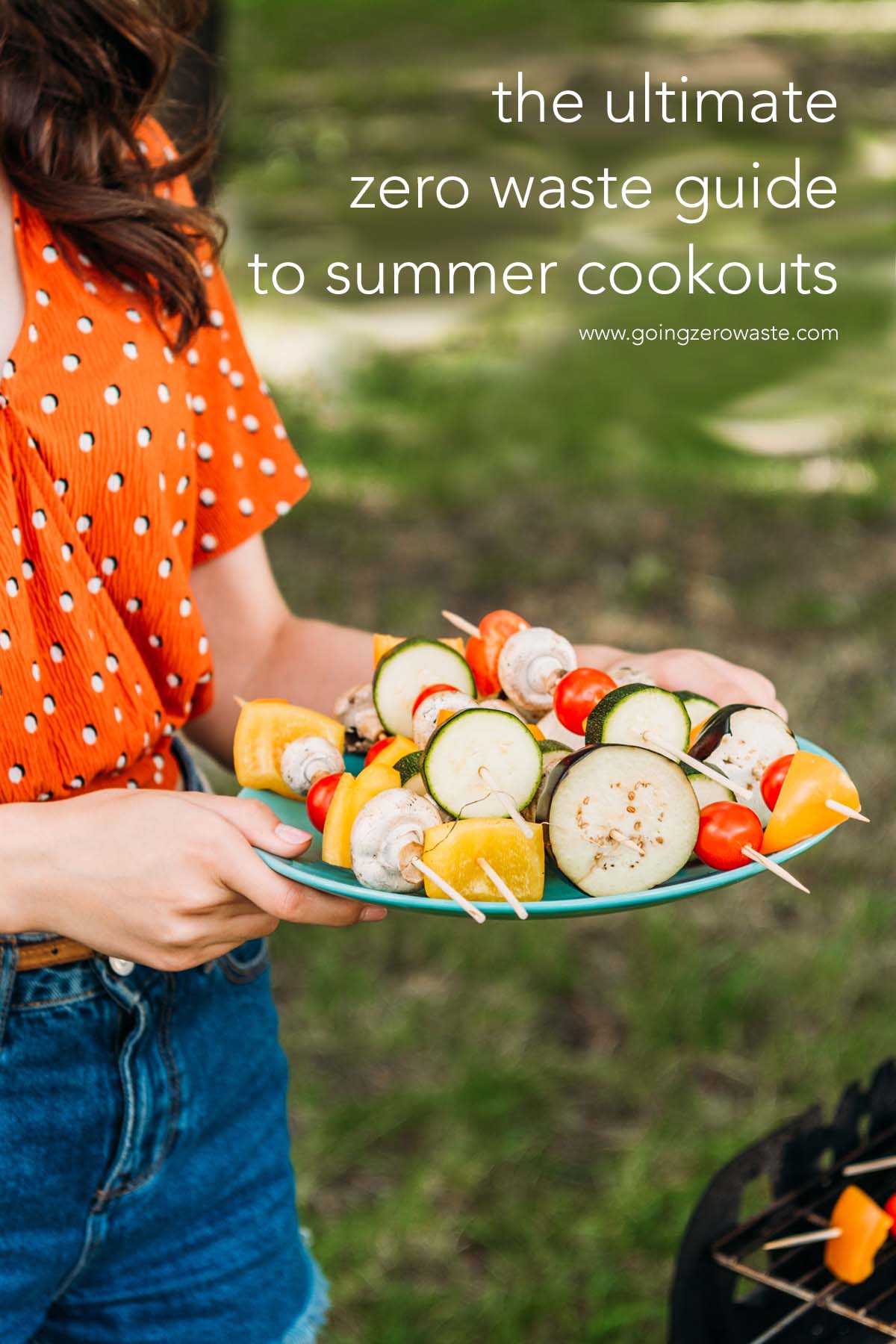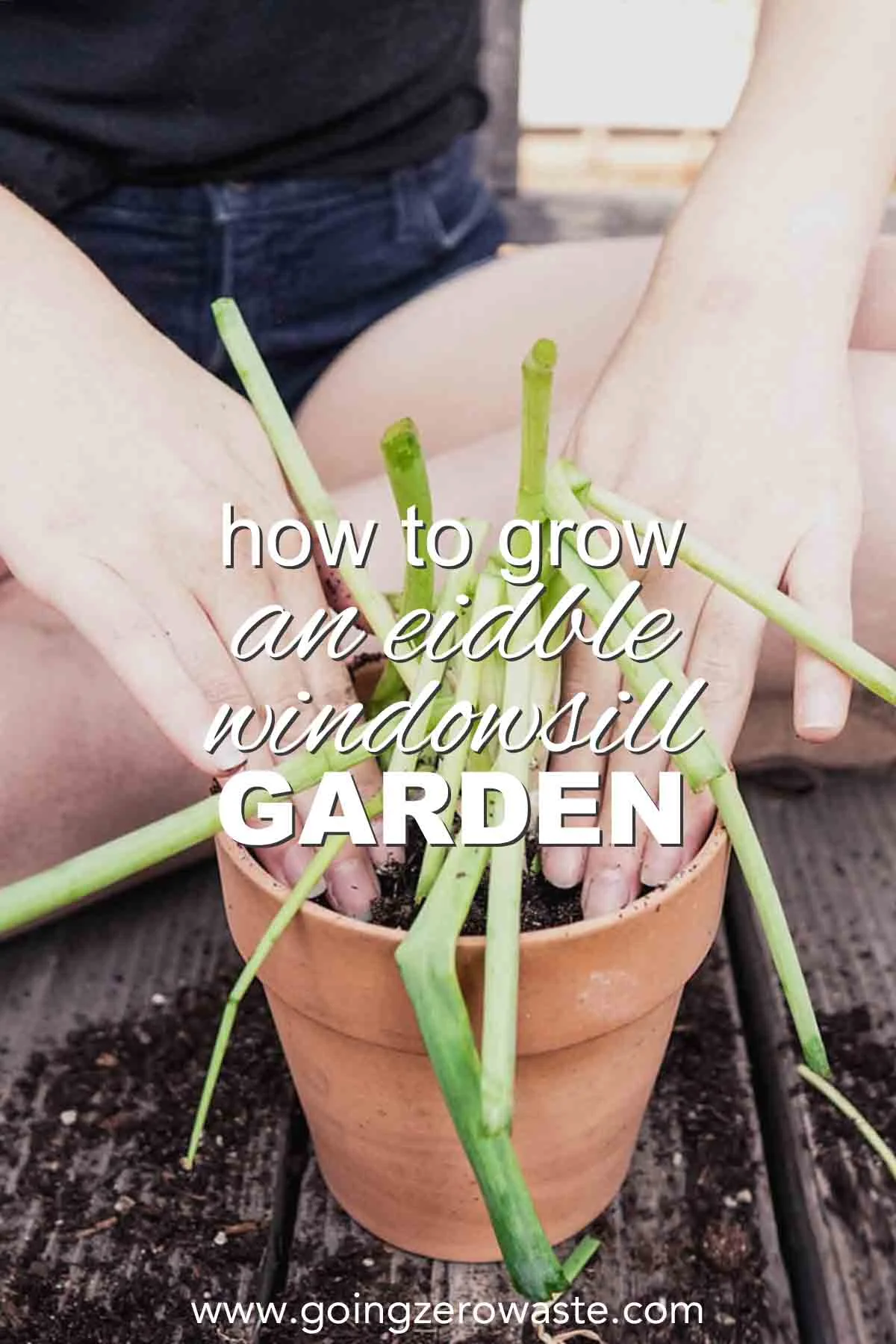Ah, grocery shopping a task that you either love or HATE. I personally love grocery shopping.
You might remember my ultimate guide to zero waste grocery shopping that goes over how to tare a jar and navigate those bulk-bins, but this guide - it’s a little bit different.
It goes beyond just how to shop without a package, but how to shop in a more eco-friendly way whether you have access to bulk stores or not.
Plus, when you shop this way not only is it better for the planet, you will save A LOT of money. And, isn’t that something we all want?
Earthwise was founded 14 years ago long before ending plastic pollution became mainstream. Co-founders Steve and Stan started seeing plastic everywhere. When they left the house whether it was on a jog, a hike or just to the store, they started noticing plastic pollution everywhere.
There were plastic bags stuck in trees, bushes, and streams. The urban debris was an eyesore, but beyond that, they learned that plastic was terrible for the environment.
Only 9% of plastic has ever been recycled and shopping bags/plastic films are very difficult to recycle. So, they decided to start making reusable bags!
But, one of my favorite aspects of the company is that they give back! Earthwise is partnered with non-profits like Friends of the LA River to clean up the debris in the Los Angeles River basin. They also support Heal the Bay, Surfrider Foundation, Coalition for Clean Air, and Project Save our Surf!
our budget:
My husband and I shop plastic-free, local, organic, and only spend about $250 a month on food. Yep. And, that’s with eating most of our meals at home.
We on average go out to eat about 2-3 times a week. We typically go out for one lunch, one dinner (either go out to a nice dinner or grab a pizza), and then go out to breakfast once on the weekends.
Check out this post if you want to know how to properly dispose of those pizza boxes!
I think that our grocery bill is very low, and I attribute that to eating a more eco-friendly diet. The fact is eating a lot of overly packaged processed foods are really expensive! When you cut the packaging you really do save.
1. bring your own bags:
We all know that we should be bringing our own bags to the grocery store, if you’re the kind of person that tends to forget, then I’ve got some hacks for you in this post How to Actually Remember to Bring Your Bags to the Grocery Store.
But, beyond it being eco-friendy did you know that a lot of grocery stores will pay you to bring your own bags? Yep our local co-op and whole foods will pay us .05 for every bag which can really add up!
Here’s a few of my favorite bags!
Don’t forget the produce bags too!
2. shop the perimeter:
You’ve heard all the healthy eating advocates say it, but now you’re going to hear the eco-warriors say it too - shop the perimeter! The most over packaged foods you’re going to find are processed foods. After all, which do you think involves more packaging, a box of chips-a-hoy or buying flower, sugar and the other ingredients?
It’s definitely less packaging to buy the ingredients yourself and you also don’t have to worry about any unnecessary additives and palm oil. So, if you want to avoid a bunch of excess packaging bulk store or not then you’re definitely going to want to shop the perimeter of the grocery store!
I’ve also found that ditching the processed food has saved me a lot of money just check out my post on how I saved $3,000 dollars a year and most of it was from cutting out processed foods!
Chips and cookies really add up to a big expense and I found I could get a much better bargain if I was opting for grains and veg.
3. go heavy on the veg:
One of the best ways to reduce your impact on the environment is to eat a more plant-based diet, and that’s great for your wallet because vegetables are typically the cheapest items in the grocery store.
Just remember, when you’re shopping to grab those reusable produce baags! I like these because they’re super light weight and cashiers can scan the barcodes through them, and these are great because they’re organic. I use booth all the time. I even use my reusable produce bags for buying nuts, grains, seeds, and chocolate from the bulk bins!
4. buy less:
Food waste is a huge problem. If food waste were a country, it would be the third largest emitter of greenhouse gasses behind China and the US. And, while it’s obviously a problem for the environment, it’s also a huge problem for our wallets! You might as well just be throwing money in the trash.
We’re prone to overbuy at the grocery store whether that’s because we forgot our list, impulse buys, or that we just buy too much.
The first thing you should do is come up with a rough meal plan, take stock of what you have in your fridge and pantry before you leave your house. Get my tips for making a 5 minute meal plan!
When in doubt, just buy less. Put back a few of those mushrooms or green beans in your mesh produce bags, take a few things out of your cart and don’t be fooled by sales. It’s not a sale if you’re not going to eat it.
5. read the labels:
Make sure that you’re reading those labels! There are so many different certificates and logos that you can opt for like fair-trade, organic, safe catch, non-gmo, social association, etc. to make sure that the products you’re buying are good for the environment! This really deserves a whole post, let me know if this interests you.
6. shop local and in season:
Food can travel a long way to get to your plate. Things like tomatoes and berries aren’t in season in the Northern Hemisphere in December. In order to get them to the grocery store they had to be flown, trucked, or boated in from a long distance which adds to the emissions and price tag of an item.
To save money and help the environment make sure that you’re opting for produce that is in season and local to you! One of the best ways to do that is to shop at your local farmers market.
You can feel extra chic with a cute reusable bag, and don’t forget those reusable produce bags too!
7. be material mindful:
Not everyone is going to have access to glorious bulk bins, and that’s OK! Just be mindful of what materials you’re consuming, and if you’re shopping the perimeter and eating mostly plant-based foods, you’ll wind up throwing very little away. Get my full guide on materials in this post How to Shop Zero Waste Without Bulk Bins.
Do you have any tips for saving money at the grocery store all while being eco-friendly? I would love to hear them!
And, another big thank you to Earthwise for sponsoring this post!






















